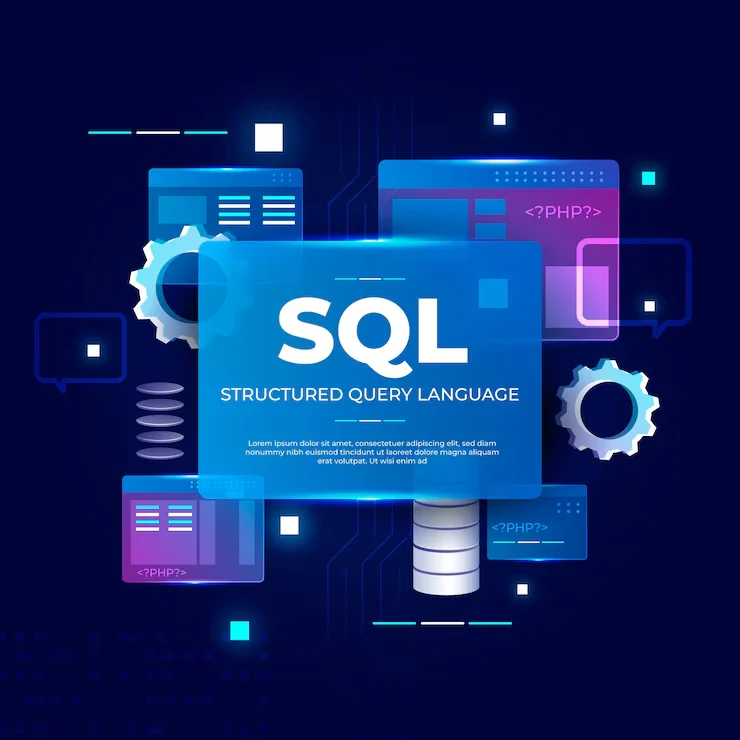Agility and scalability are the aspects that give businesses an edge in this data-centric world. Snowflake leads the charge for a modern, cloud-native platform where all aspects of data storage, management, and analytics are placed at one point. It is quite different from traditional systems because flexibility is maintained for semi-structured data such as JSON and robustness is maintained with SQL.
Its AI-ready architecture, built-in machine learning capabilities, and support for multiple programming languages such as Python and Java make it possible for Snowflake to unlock deeper insights from data. Whether it is optimizing data strategy scaling operations or including AI-driven solutions in your operations, Snowflake has all the answers to do it all easily and securely.
In today’s blog, we’re going to dive into what makes Snowflake stand out and consider how the innovative approach used there could play a key role in dramatically transforming your organization’s data landscape to stay ahead in the digital race of today.
More Than Just SQL: Snowflake’s Flexible Querying Capabilities

Snowflake is fundamentally SQL-based and therefore familiar to the professional data practitioner who is accustomed to traditional database management. However, the capabilities of Snowflake extend far beyond these SQL-based databases. The support for semi-structured data formats like JSON, Avro, and Parquet allows developers to work with diverse data types, which provides the flexibility often found in NoSQL systems.
Snowflake is not a NoSQL database but certainly akin to some of NoSQL’s allure: it supports complex querying on semi-structured data-all in SQL. Such a hybrid combines the best of both worlds, that is, business flexibility as far as data storage and analysis are concerned without being relegated to the normal boundaries of an SQL database.
Another exciting feature Snowflake offers is Snowpark. Snowpark lets data engineers work with languages such as Python and Java, thus expanding its flexibility to modern development workflows. This makes it a very powerful tool for developers and engineers who want the best of both worlds: the reliability of SQL, and the flexibility of modern programming languages.
Cloud-Based Storage in Snowflake: Code and Data, Seamless Integration

Its cloud-native architecture, integrating both code and data in one single platform, is one of the most important advantages of Snowflake. This is particularly useful for companies haggling with immense amounts of data spread across different locations. With Snowflake, developers can thus interact easily with data without having to transfer it from system to system, thus ensuring data security and reduced time taken for processing.
The data storage system of Snowflake is designed so that businesses can create varied types of content therein, including structured, semi-structured, and unstructured data. In this manner, flexibility will help businesses grow easier but also make the overall administration of the cloud data easier by having a single solution.
Multi-Language Support: A Developer’s Dream:

Unlike most other traditional databases, Snowflake supports the entire host of programming languages. Here any developer can work according to the environment in which he is most comfortable working. From languages like Python, Java, and Scala, Snowpark gives the developer the tools needed to build custom applications with data and implement sophisticated data operations without requiring a learning of new languages.
It has a Pandas API that allows easier manipulation of data through famous Python frameworks. It bridges the gap between data science and engineering. Therefore, it becomes a platform preferred by both the data scientist and engineer as friction in the workflow is reduced and time-to-insight is hastened.
AI Integration: A Future of Data Analytics

Snowflake has set itself apart in every imaginable manner, both by actually embedding AI capabilities into its service but also by allowing organizations to build, train, and deploy machine learning models directly on top of the Snowflake platform through tools such as Snowflake Cortex. In this way, the organizations that use Snowflake do not have to juggle third-party toolsets or transfer data out of the cloud, so sensitive data doesn’t leak out to be used for unlocking deeper insights with AI power.
This also allows businesses to create custom models of AI in a fully integrated environment. Using Python, Java, or Scala means that any data engineer can deploy complex models that directly interact with Snowflake’s data in an easier and safer manner.
Other more advanced improvements include supplementing their AI models with third-party datasets that can be found in Snowflake’s Data Marketplace to give better predictions and more accurate analytics. The marketplace gives companies access to specialized datasets for a particular industry which, therefore, boosts the power of their machine learning applications.
Data Governance and Security: Built-In Compliance

Considering that businesses tend to store their data in the cloud, the need to discuss data security and governance is much more critical now. While Snowflake takes care of these concerns by addressing robust security features embedded within its architecture, it has built compliance with global standards like GDPR and HIPAA, thus allowing companies to scale data operations with full control over sensitive information.
Snowflake’s Cortex framework enables businesses to leverage AI models with the assurance that sensitive data is always safely protected. Using multi-layered encryption that’s constantly monitored in real-time, organizations can deploy machine learning applications while strictly maintaining security standards.
To learn more about Snowflake’s governance and security features, check out our previous blog “The Convergence of AI and Cloud Data: Why Snowflake Leads the Way”.
Unlock the Power of Snowflake with Ariel Software Solutions:
To conclude if one would like to tap into all the capabilities available at Snowflake, one needs to look no further than Ariel Software Solutions. We master architecture and AI integration in multiple languages for tailoring-made solutions specifically suited to business needs.
Ariel Software Solutions Pvt, Ltd., offers expertise in cloud data operations optimization for organizations, taking full advantage of the various features offered by Snowflake. From setting up custom data applications to deploying AI models in a secure environment, our experienced team has the necessary tools to make sure your business remains ahead of the competition.
Get in touch with us today to find out how we at Ariel can help you unlock the power of Snowflake! Together, let’s build a future where your data works for you!




